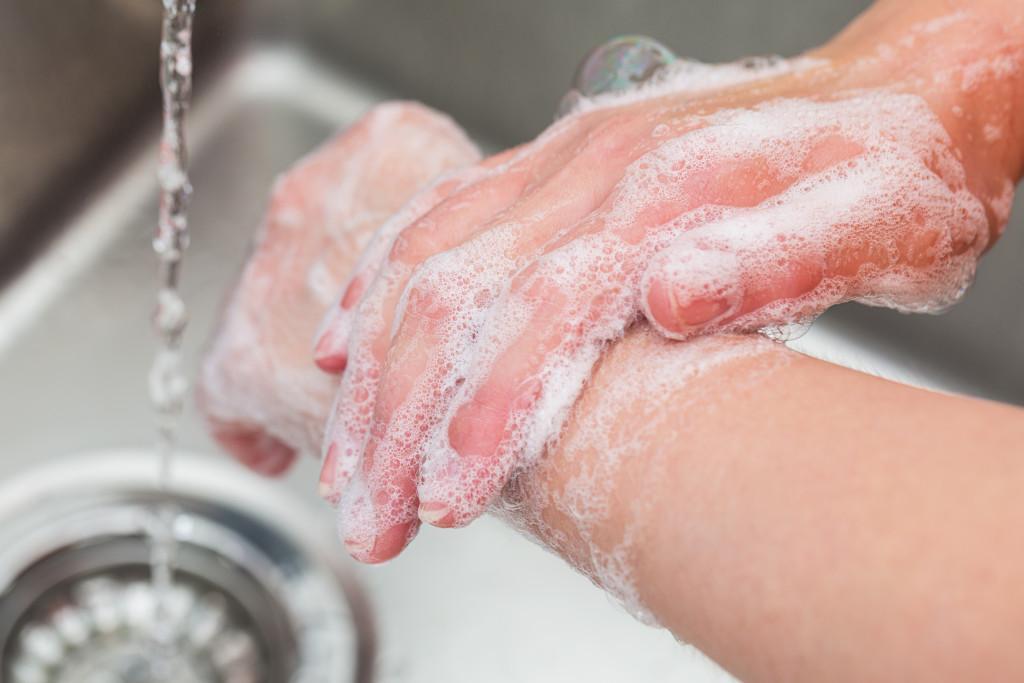Taking care of oneself is essential, but the methods we employ and the goods we use have evolved. According to social trends, some individuals have chosen to wear fewer cosmetics, groom less, and explore natural remedies to items they would usually buy on their weekly visit to the shop. These industrial changes were already underway, but the COVID-19 pandemic is hastening the shift in hygiene patterns. As customers spend more time at home browsing, the poor pictures of living in confinement are likely to have a more significant effect.
While a complete halt of hygiene product use is improbable, the internet discussion reflects shifting product and component trends. The data reflects simple preferences such as aluminum vs. natural deodorant and a choice for a shower gel which can also be used as liquid soap. Are these new notions of beauty and cleanliness here to stay, or will society recover after eradicating the virus?
Ditching Cosmetics
Revlon’s daring advertising campaign shows women applying beauty products as the ad text tells viewers they don’t need it. The no-makeup craze is linked with customers opting to forego cosmetics during business video chats on the English web. Amid promotional campaigns, women are hailing their newfound confidence in their very own skin as a triumph. Women who encourage people to care for their skin and appreciate natural beauty promote this return to fundamentals. Ladies are ecstatic that their skin appears better without using cosmetics regularly and being exposed to pollution outside.
There has been a lot of debate on social media about the usage of cosmetics as a beauty tool and a method for people who use it to gain confidence. Some makeup users have taken pleasure in not wearing makeup throughout the epidemic and embracing their natural appearance. Traditionally, the market has resisted accusations that it maintains unachievable standards. With the development of unusual beauty trends, businesses have advocated for more self-expression. As companies adjust to the new norm, marketing is increasingly embracing people who do not use cosmetics at all.

New Norms For Hair Care
Many customers are opting to space out or reduce the frequency with which they wash their hair. Laziness, along with a lack of social contact, is cited by the majority. This opens another potential for companies seeking to meet the changing requirements of quarantined customers.
Some ladies take advantage of this opportunity to oil condition their hair and make the most of their shampoos. Over-washing parched out their scalps and caused their hair to get greasier faster. They may avoid unpleasant hair days in the long run by oil conditioning their hair today. And although lockdown is an excellent opportunity for some women to begin spacing out washes, many women associate their moods with clean hair. Customers think that, although it isn’t a significant issue, the reality that they don’t look their best affects their attitude.
New Developments in Underarm Care
Consumers took advantage of the lockdown to cease using deodorant, as particular attention was given to popular goods’ cleanliness and components. For others, it was the ideal chance to break their body’s addiction to harsh drugs. Aluminum is a significant component that both men and women want to avoid while moving away from deodorant. Many people have chosen to go deodorant-free or have switched to natural alternatives.
Dental Care in the Pandemic
Many families have had dental treatment delays as a result of the COVID-19 epidemic. Children whose dental issues might have been readily treated in an office environment may have had to wait. Because teeth do not improve on their own, the problems worsen and require even more therapy.
Practicing good dental practices at home is an excellent approach to safeguard your child’s teeth both during the pandemic and daily. Cavities in the teeth (commonly known as caries) are the most prevalent pediatric illness. It is generally avoidable. However, once tooth decay starts, it worsens—even in infants. Except in emergencies, dentists were unable to visit patients during the start of the epidemic. It may have been more challenging to obtain an appointment when they started re-opening with new timetables. Consult your doctor for assistance in locating a dentist.
Hygiene and Body Care have changed, but just as grooming was an essential component of consumers’ habits before the pandemic, so will it be post-pandemic. Now is the moment to modernize your marketing to reflect current cultural and social trends. The variations we have seen so far are attributable to variances in the manner of exerting social power. Body care and hygiene definitions have evolved, from handwashing to shaving to cosmetics application. You, too, must reach out to customers during the epidemic.

